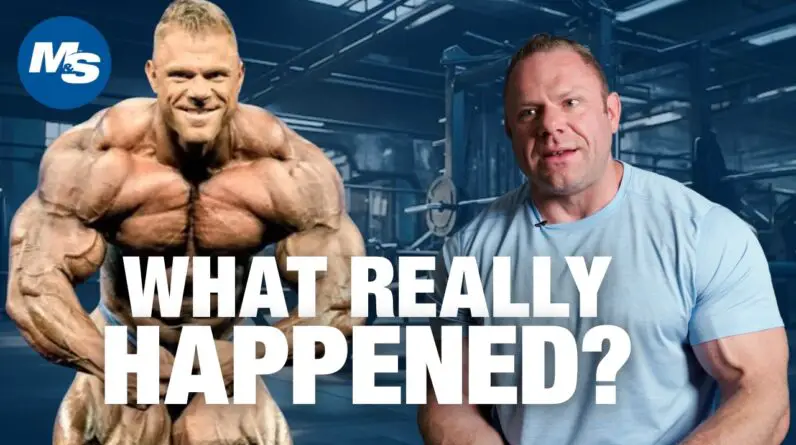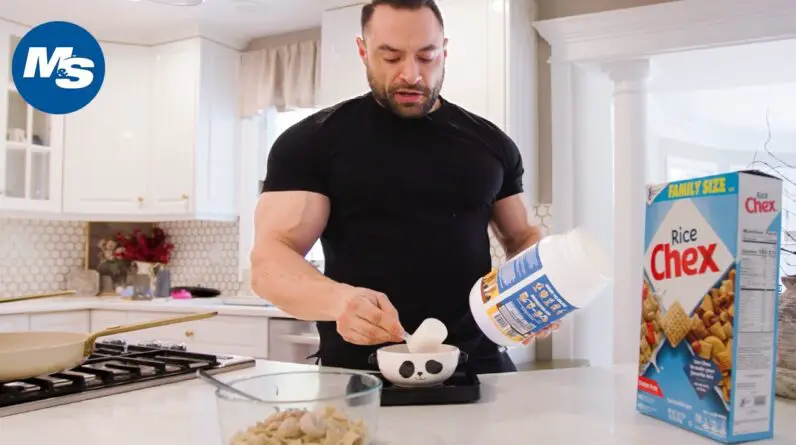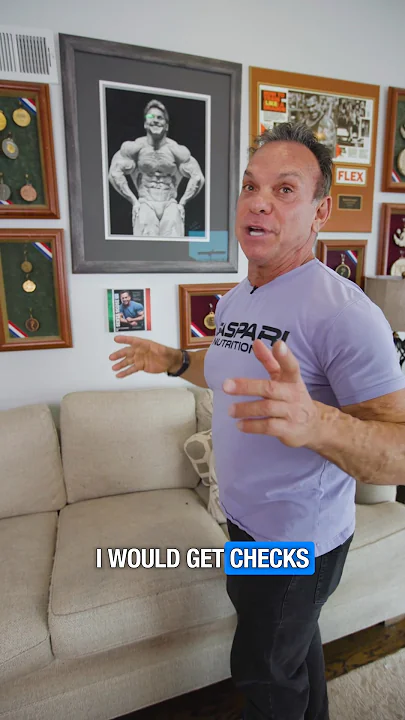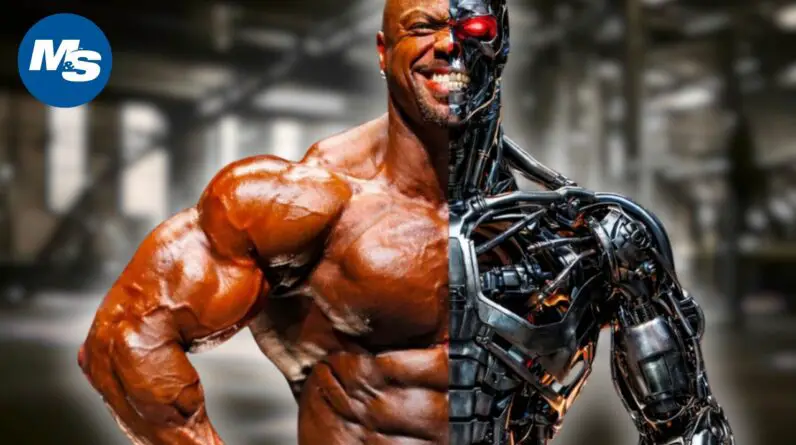BRITTANNY TAYLORThis story is part of Trans in Fitness—a series of profiles that highlights the fitness changemakers who are making the world easier and healthier for their community. Read the rest of the inspiring stories here. Below, Mar Keller, the 33-year-old founder of Q GRIT Fitness, a body-neutral personal training business based in Providence, Rhode Island, tells Men’s Health how he’s carving out a safe space in the fitness industry for all body types. MY FITNESS JOURNEY and my transition have gone hand in hand. I used to play soccer as a kid, but once I started high school and puberty did its thing, I lost my love of sports. I just didn’t feel comfortable in my own body. It wasn’t until I came out as transgender at 27, and started medically transitioning at 28, that the way I felt about my body began to change.After I had top surgery and went on testosterone, I started going to the gym and working out a bit more: increasing my muscle mass and building a more “typically masculine” look were really important to me. But I quickly realized that I felt really awkward and self-conscious in the gym in a way that I never had before. Pre-transition, I had a physique that was considered “normal” by cisgender, heteronormative standards, but now I didn’t look super masculine or feminine. I didn’t know which locker room to go into, or where was safe, and I began to think that the gym just wasn’t a place for me. It sucked, honestly. But I [also] thought, this can’t just be my experience.I soon learned that a lot of people who are newly transitioning struggle to find a space where they can feel their best without being stared at, or comparing themselves to other people and finding themselves lacking in some way. I tried looking online for trans-friendly gyms or trans fitness instructors, and couldn’t find much. So I decided that if a safe, affirming space in fitness didn’t exist, I would create it. In 2019, I studied to become a certified NASM, CPT, and CES personal trainer. I knew there were other people out there like me who didn’t feel comfortable, both in the gym and in their bodies, and I wanted to be that person who is able to give them the support they really need. Since I’ve been working as a trainer, I’ve seen first-hand that it’s not just trans people who feel intimidated or judged by the fitness world, and that these incredibly heightened images of lean, impossible physiques that we’re all supposedly working towards can be harmful to everyone. Cisgender and straight men and women can become trapped in this loop of “I’ve got to be the best, I’ve got to put in so many hours at the gym, I’ve got to have the perfect body.” And while I think you should always try to be the best you can be, you can go to an unhealthy place, especially if you’re constantly striving for an unattainable goal. What I’m trying to do in fitness is break down those expectations people have about each other and themselves. Most of my clients don’t come to me wanting a complete physique change—they’re looking for a little bit of grace and understanding. They might be overweight, or have a disability, or they simply don’t have the kind of body that might be on the cover of a magazine, but they’re working their hardest and doing their best. They just want a place where they’ll be congratulated for showing up and doing the work, versus congratulated for having the most chiseled six-pack, because that’s just not achievable for everyone. To me, body-neutral personal training has a focus on performance over physique: the emphasis isn’t on changing their bodies by losing weight or getting ripped, but rather on strength and integrity of spirit. I want people to know it’s OK to not be a Greek god. That said, I also don’t necessarily preach the popular “body positivity” philosophy because some folks simply don’t like talking about their bodies at all, and I try to stay away from any language that might focus on physicality as to avoid triggering my clients or making them feel self-conscious. The author, Mar Keller.BRITTANNY TAYLORI’m five years post-top surgery and testosterone, and my body is still evolving in ways that I could never have expected. But that’s something that anyone, not just trans people, can relate to: we’re three years into a pandemic, our lives have transformed drastically, and our bodies are changing all the time. The fitness industry doesn’t always make this clear, but it’s important to remember that your physicality is a constant ebb and flow. Even professional bodybuilders are always cutting and then bulking. You won’t be ripped all of the time because life happens, and the “perfect” physique isn’t accessible to someone who has a full-time job and other responsibilities, or someone who can’t afford to eat five pounds of chicken and rice every day.My next step is to open the first LGBTQ+-inclusive gym in Providence, Rhode Island. I’m hoping that this addition to the city will set the standard for other gyms to potentially shift their way of thinking. I’m not saying they have to completely overhaul their entire business, but I just want everyone to understand that there are a lot of people out there—trans, with disabilities, in larger bodies—who don’t feel welcome in gyms. And we need to change that. Because from a human standpoint, living a healthy, active life should be accessible both financially and emotionally.That’s where fitness really fits into my life. Sure, I love working out, and I feel more present and confident in my own body than ever, but the thing I’m most passionate about is giving other people that safe space my younger self really needed. Philip Ellis is a freelance writer and journalist from the United Kingdom covering pop culture, relationships and LGBTQ+ issues. His work has appeared in GQ, Teen Vogue, Man Repeller and MTV.
Source link







